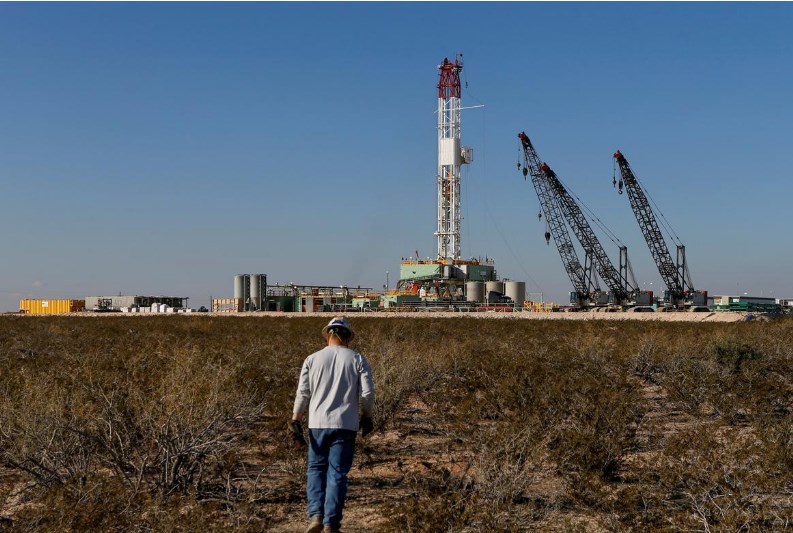By Peter Nurse
Investing.com -- Oil prices weakened Monday after an outbreak of COVID cases in Beijing raised fears of renewed lockdowns while concerns rose that further U.S. interest rate hikes would be needed to control rampant inflation, potentially leading to a recession.
By 9:15 AM ET (1315 GMT), U.S. crude futures traded 1.6% lower at $118.78 a barrel, while the Brent contract fell 1.4% to $120.27 a barrel.
U.S. Gasoline RBOB Futures were down 1.8% at $4.0953 a gallon.
Authorities in Beijing announced over the weekend three days of mass testing to quell a "ferocious" COVID-19 outbreak that emerged last week, resulting in the delaying of the reopening for most schools in the capital.
This comes just a few days after a two-month long lockdown was ended in Shanghai, the country’s economic hub and most populous city, and casts doubt on the immediate demand recovery at the world’s largest crude importer.
Adding to the market’s woes are concerns about further U.S. rate hikes following Friday's release of U.S. inflation data, with the May consumer price index rising 8.6% last month. This raised fears that the Federal Reserve may tighten policy more aggressively than originally envisaged, potentially resulting in a sharp economic slowdown.
That said, “unless U.S. markets move to price in a full-blown recession, and China does actually hit the lockdown button again, it is unlikely that we see an extended sell-off by oil prices,” said Jeffrey Halley, an analyst at OANDA.
“With OPEC+ compliance approaching 200% and the continuing squeeze on refined products such as diesel around the globe, the supply/demand dynamics remain supportive of prices.”
Demand for energy remains very strong in the U.S., the largest consumer of crude in the world, with the summer driving season in full flow. Over the weekend, U.S. gasoline prices had on average topped $5 a gallon nationwide for the first time ever.
On the supply side, the Organization of the Petroleum Exporting Countries and allies have agreed to increase their output in July and August, but the group, known as OPEC+, has struggled to implement even the more modest previously announced increases in production.
For example, the ongoing civil war in Libya has taken over 1 million barrels a day of oil offline in the last couple of weeks.
